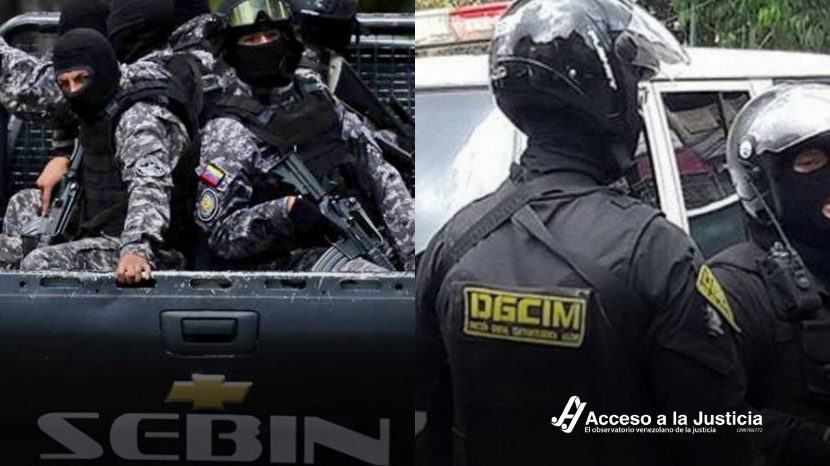In the past few days, the discussion about the parliamentary elections in Venezuela has heated up, threatening to increase the existing fragmentation in the democratic field. Understanding that that separation is precisely one of the goals of authoritarianism to remain in power, the following lines propose to think “outside the box” to offer additional elements that allow us to overcome -with the least possible trauma – a scenario where the government has all the chances to come out stronger, while his opposers continue to weaken along the way.
Due to the consolidation of the dictatorship, the National Assembly (AN) has become an increasingly meaningful content vacuum. At this stage, it is impossible to defend that Nicolás Maduro’s government has any intention of respecting formal independence of powers and to practice its competences respecting the Law. In that regard, there are no guarantees that the next National Assembly won’t be neutralized in its managerial or legislative abilities, or that its new members won’t be persecuted, imprisoned or pushed to exile. For the authoritarianism, there are clear advantages to intervene it, through the simulation of an election that allows them to gain a majoritarian representation. One of those advantages is the access to financing that, according to the Constitution, must be approved by the Assembly. There is also how symbolic the result will be, allowing to assert that the numbers from December 2015, where the opposition got two million votes over the pro-government candidates, were circumstantial and that the support to the Bolivarian project is still massive. On another part, it is hard to think that the next AN, in the unlikely event that it continues to have an opposition majority, could do anything qualitatively different to what has been done during the past few years. The AN, to a lesser extent due to mistakes of the democratic leadership itself, nowadays has unstable institutional footing.
I will add a harsh statement but it is a scenario that, at this moment, has high possibilities of materializing: No matter the decision made by the different components of the democratic field, be it isolated or in a form of coalition, it seems highly unlikely that the opposition can maintain a majoritarian representation in the Assembly. The formula that is being developed; driving voters away and undermining trust in elections, is meant for the Chavism to obtain the absolute majority in the next parliament. If the National Assembly is practically an empty shell and oppositionists will barely accomplish a modest presence in the seats, the evident question is: Why “maintain the space” of the Parliament? It is not an ill-intended question, but one made with the desire for us to think which would now be its true and possible use in the fight to reach a transition to democracy, both for those who will decide to participate and for those who have suggested the alternative to keep the current parliament in office.
The National Assembly will be neutralized and the opposition, whichever decision it makes at this time, will only be able to have a relative presence in it. It will, therefore, be just another episode of this bad show called “Bolivarian hegemony”, which will lead to a restructuring of its cast and following episodes. The parliamentary elections, as they are proposed, and continuing with this showbiz metaphor, will not be a leap to the third part of the script; that of conflict resolution, but it will keep us in the second act; that of confrontation. In short: The parliamentary elections won’t solve any problem, -not even for the government- they will worsen them all. The great loser, in any of the possible outcomes, will continue to be the Venezuelan people.
That being the case, we can bring down the level of drama and the volume of the telenovela of December 6: The National Assembly is a symbol without institutional capacity; the opposition will have a modest result for its interests, be it participating or abstaining, and the election process won’t solve any issue but increase them. And this is very important: lessening the temper in the discussion and increasing the amount neurons will allow us to build a road, not repeating the mistakes of the past, not burning bridges with other sectors of the democratic field. We may like them more or less, but the truth of the matter is that we need the greatest amount of wills, starting December 7, to continue the long path to the recovery of democracy.
In order to conclude with my starting thought; facing the lack of true support from the public and the high oil income, the separation of the Venezuelan people is the current main tool that real Chavism has to remain in power. The best result for authoritarianism is not to obtain the absolute or relative majority, or to have -in the end- an opposition representation of 5, 20 or 40 representatives, but for the democratic field to reach the finish line in the parliamentary race, divided, exhausted and, especially, unable to articulate any of its parts for an effective collective action in the immediate future.
Translated by: Karen Hoogesteyn




